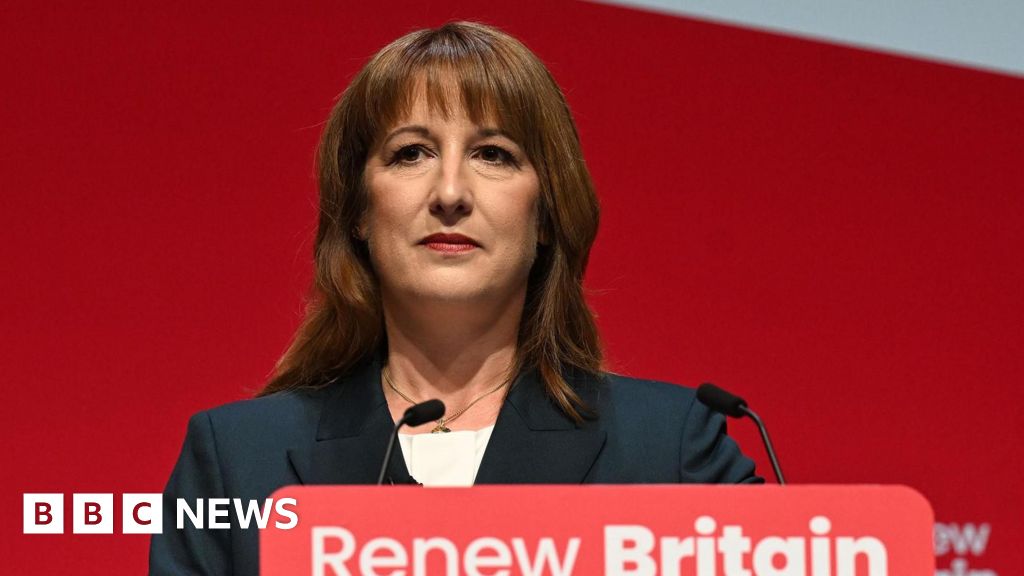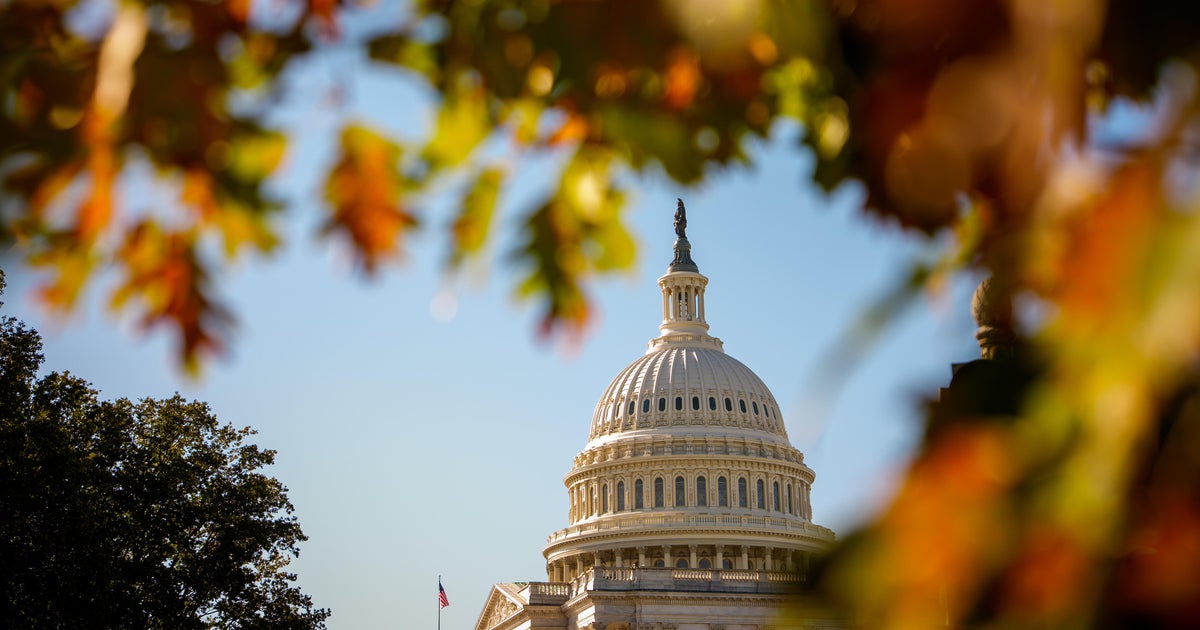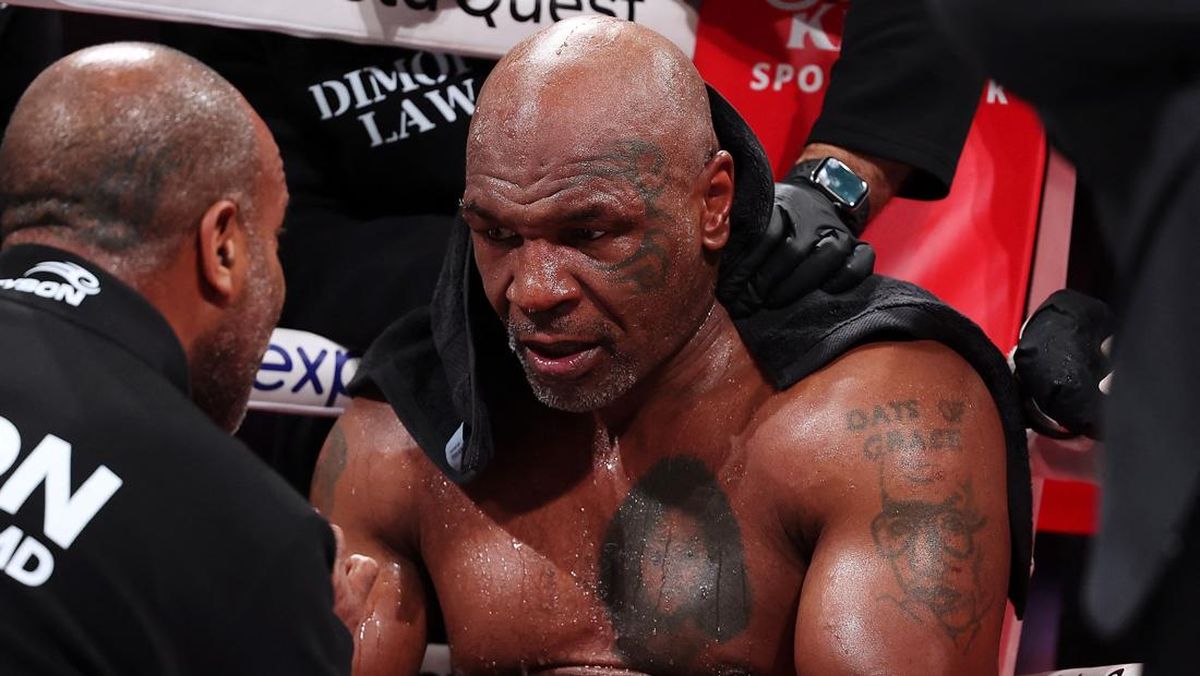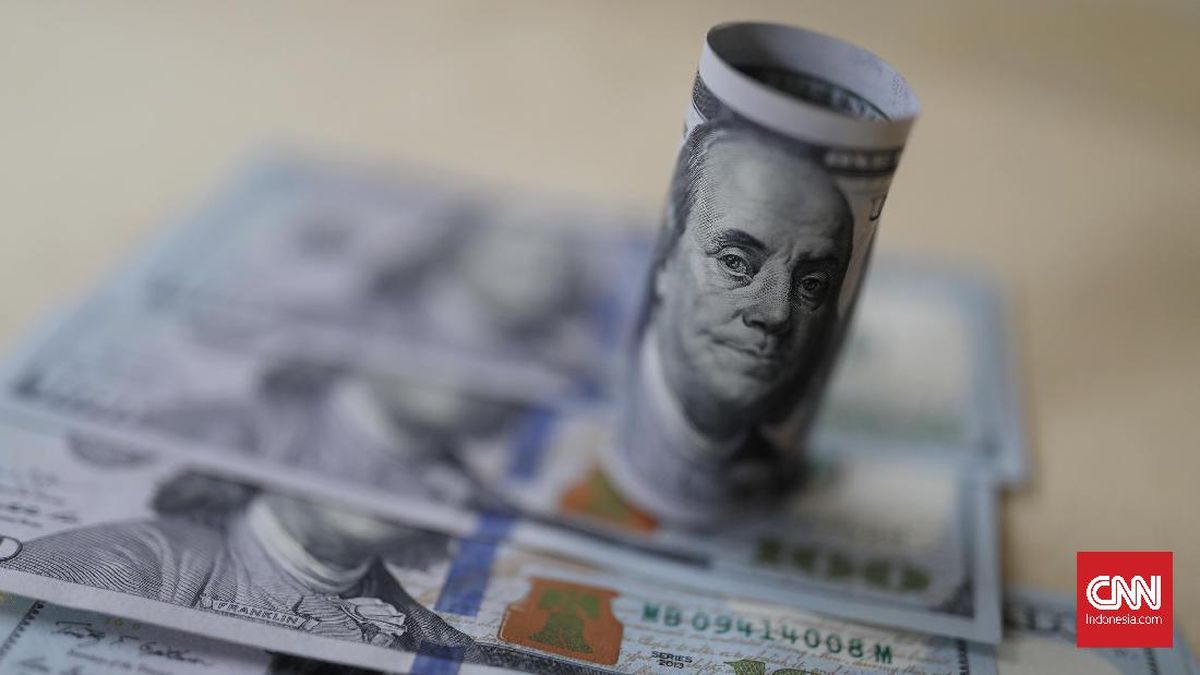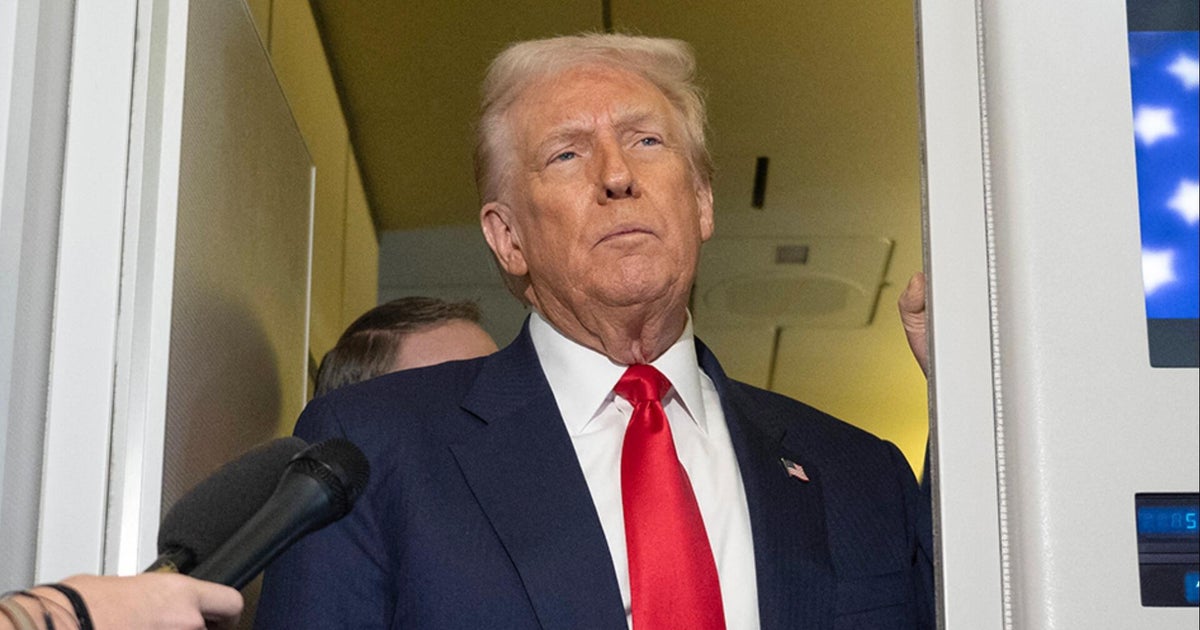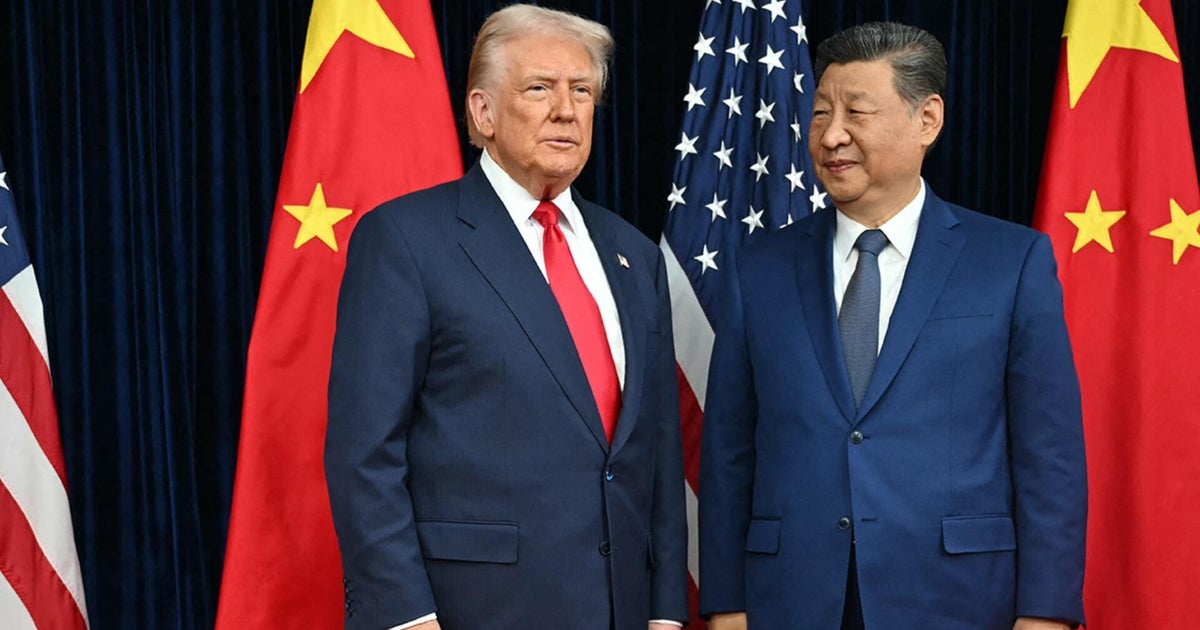Washington — The Senate voted Thursday to approve a resolution that would block President Trump's tariffs on countries around the world, the third in a trio of rebukes of the president's trade policy this week.
In a 51 to 47 vote, four Republicans joined Democrats to approve the resolution. Republican Sens. Mitch McConnell and Rand Paul of Kentucky, along with Susan Collins of Maine and Lisa Murkowski of Alaska, supported the resolution. It was not subject to the 60-vote threshold needed for most legislation, requiring just a simple majority.
The resolution almost certainly won't be taken up by the Republican-controlled House, making it largely symbolic. Democrats forced a vote on the resolution, which was led by Sen. Ron Wyden of Oregon, by bypassing Senate GOP leadership using a provision of the International Emergency Economic Powers Act, the law that the president invoked to impose the tariffs.
In April, Mr. Trump declared a national emergency, citing "structural imbalances in the global trading system." The president then announced the U.S. would impose a minimum baseline of 10% tariffs on goods imported from all foreign countries, dubbing it "Liberation Day."
Wyden, speaking on the Senate floor ahead of the vote, said the president's "actions clearly go beyond what the law allows, which is why I'm urging passage of this bill to finally end the president's unlawful tariffs."
"The Senate is not a spectator to the workings of the federal government," Wyden said. "When it comes to international trade, and tariffs in particular, the United States Congress has clear authority."
Sen. Mike Crapo, an Idaho Republican, spoke out against the resolution, saying "at this juncture, this resolution is counterproductive to helping American families and businesses of all sizes."
"It's no secret that for decades, countries around the globe have raised tariff and non-tariff barriers against Americans and against American business, and have raised the cost for Americans and American businesses without response from the United States. President Trump is now responding," Crapo said. "The president's negotiations are bearing fruit."
The vote came after Mr. Trump announced overnight that he would cut tariffs on Beijing after meeting with Chinese President Xi Jinping. China was part of the "Liberation Day" tariffs and has been embroiled in a months-long trade war with the U.S.
Vice President JD Vance, who met with Senate Republicans earlier this week on the issue, defended the tariffs, telling reporters that "tariffs give us the ability to put American workers first."
"They force American industry to reinvest in the United States of America, instead of a foreign country," the vice president said. "They're also incredible leverage for the president of the United States in negotiating these trade deals overseas."
The Senate on Tuesday approved a resolution that would block Mr. Trump's tariffs on Brazil, with five Republicans joining Democrats to back the measure. Then, on Wednesday, the Senate approved a resolution that would block Mr. Trump's tariffs on Canada, with support from four Republicans.
Thursday's vote also marked the second time the chamber has weighed in on the issue, after the Senate voted in April on a resolution to Mr. Trump's "Liberation Day" tariffs. The effort fell short at the time, with two senators who had previously voiced opposition to the tariffs measure absent from the vote.
Breaking down Trump's meeting with China's Xi
Breaking down Trump's meeting with China's Xi on trade
(06:06)







